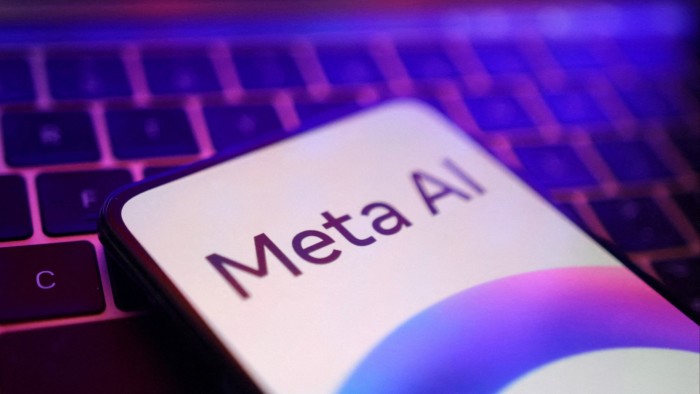
Meta’s use of millions of books to train its artificial intelligence models has been deemed “fair” by a federal court, marking a significant victory for technology companies utilizing copyrighted materials in AI development. The ruling, delivered on Wednesday by San Francisco district judge Vince Chhabria, represents a pivotal moment in the ongoing debate over AI and copyright law.
The case was initiated by a group of authors, including Ta-Nehisi Coates and Richard Kadrey, who challenged Meta’s use of a vast library of online books, academic articles, and comics to train its Llama AI models. The authors argued that Meta, a $1.4 trillion social media giant, had infringed on their copyrights. However, the court ruled that Meta’s actions were protected under the fair use provision of copyright law, citing the transformative nature of the technology developed.
Legal Implications and Industry Impact
This ruling is one of many legal battles currently unfolding as creators seek to protect their financial rights against the backdrop of AI advancements that threaten to disrupt traditional livelihoods. The decision comes amid a wave of similar cases, including a recent ruling in favor of San Francisco start-up Anthropic, which also centered around the fair use of copyrighted materials for AI training.
Judge Chhabria’s decision highlighted the plaintiffs’ inability to effectively argue their case, stating, “This ruling does not stand for the proposition that Meta’s use of copyrighted materials to train its language models is lawful. It stands only for the proposition that these plaintiffs made the wrong arguments and failed to develop a record in support of the right one.”
Anthropic’s Parallel Case
Earlier in the week, Anthropic secured a legal victory when a federal judge ruled that the start-up’s use of legally purchased physical books, which were cut up and manually scanned for AI training, constituted “fair use.” However, the judge noted that a separate trial would be necessary to address claims of digital piracy involving millions of books.
Challenges and Criticisms
The Meta case also touched upon the controversial use of LibGen, an online shadow library that hosts content without permission from rights holders. This aspect of the case underscores the broader challenges faced by copyright holders in the digital age.
Judge Chhabria suggested that a “potentially winning argument” could have been market dilution, referring to the potential harm caused to copyright holders by AI products that could “flood the market with endless amounts of images, songs, articles, books, and more.” He warned that the ease with which generative AI models can produce creative outputs might “dramatically undermine the incentive for human beings to create things the old-fashioned way.”
“People can prompt generative AI models to produce these outputs using a tiny fraction of the time and creativity that would otherwise be required,” Chhabria noted.
Looking Ahead
The implications of this ruling could be far-reaching, potentially setting a precedent for future cases involving AI and copyright law. As technology continues to evolve, the legal landscape surrounding AI and intellectual property is likely to remain a contentious battleground.
Meta and the legal representatives for the authors involved in the case have yet to provide comments on the ruling. Meanwhile, the decision is likely to embolden other tech companies facing similar legal challenges, as they continue to navigate the complex intersection of technology and copyright law.
As the debate over AI and copyright intensifies, stakeholders across industries will be closely monitoring the outcomes of these legal battles, which could shape the future of creativity, innovation, and intellectual property rights.






